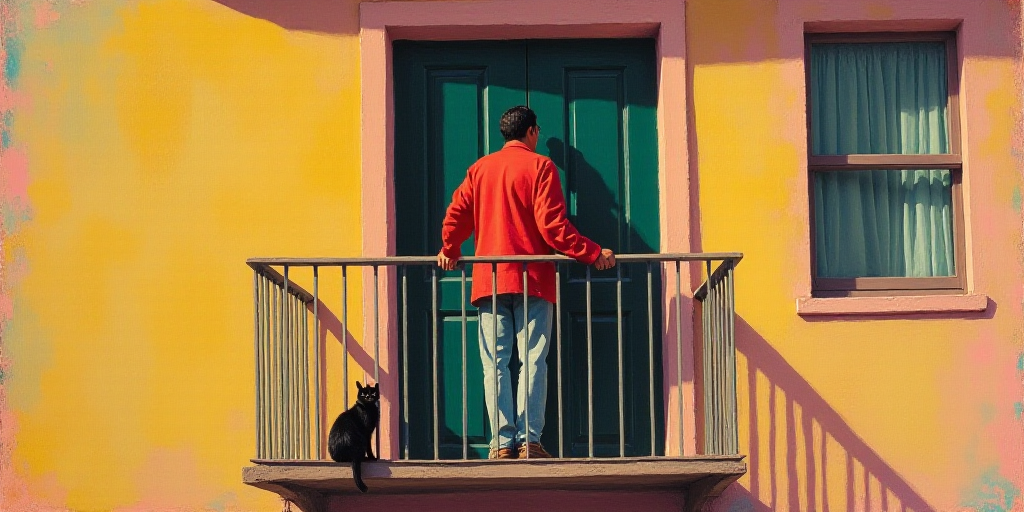Background on Nicolás Maduro and the Political Landscape
Nicolás Maduro, the current president of Venezuela and a member of the United Socialist Party of Venezuela (PSUV), has consolidated his power following the recent elections. His party won 23 out of 24 governorships, ensuring their absolute majority in the National Assembly for the next five years. Maduro’s re-election in 2018 was controversial, marked by protests and mass arrests.
Election Results and Implications
- Chavismo’s Victory: The PSUV won 23 out of 24 governorships, securing their absolute majority in the National Assembly until 2031 and regional powers until 2029.
- Opposition’s Strategy: The opposition, led by María Corina Machado, opted for a boycott strategy. Although this resulted in low voter turnout, it was seen as a form of protest against Maduro’s contested re-election.
- Political Analyst Perspective: Political analyst Luis Vicente León noted that while the outcome was predictable, it has profound implications. These include a strengthened chavismo controlling institutions, a divided opposition with limited representation, and a socially disengaged majority.
“Paz, Paz, Paz!” – Maduro’s Message
Maduro celebrated the election results as a victory for peace and stability in Venezuela. He emphasized the importance of maintaining peace, stating “Paz, paz, paz!” following the elections.
María Corina Machado, however, called on the military to act against Maduro, accusing him of stealing the previous year’s election. Despite her call, the military has pledged loyalty to Maduro, who has expanded their power.
Opposition’s Next Steps and Political Fallout
The opposition’s next steps remain unclear. The constitutional reform, which requires a popular referendum, is set to be debated next year. Political analyst Pablo Quintero explained that the boycott has worsened their situation, leading to political disaffection and disillusionment among the populace.
Henrique Capriles, leading the rebellious faction of the opposition, secured a seat in the National Assembly and will head a bloc projected to have 15-18 representatives, compared to the PSUV’s 236. Although not irrelevant, their political capital will take a significant hit, according to Quintero.
Despite the setbacks, León noted that the opposition can continue their political work from within and position themselves as potential actors in future negotiations.






